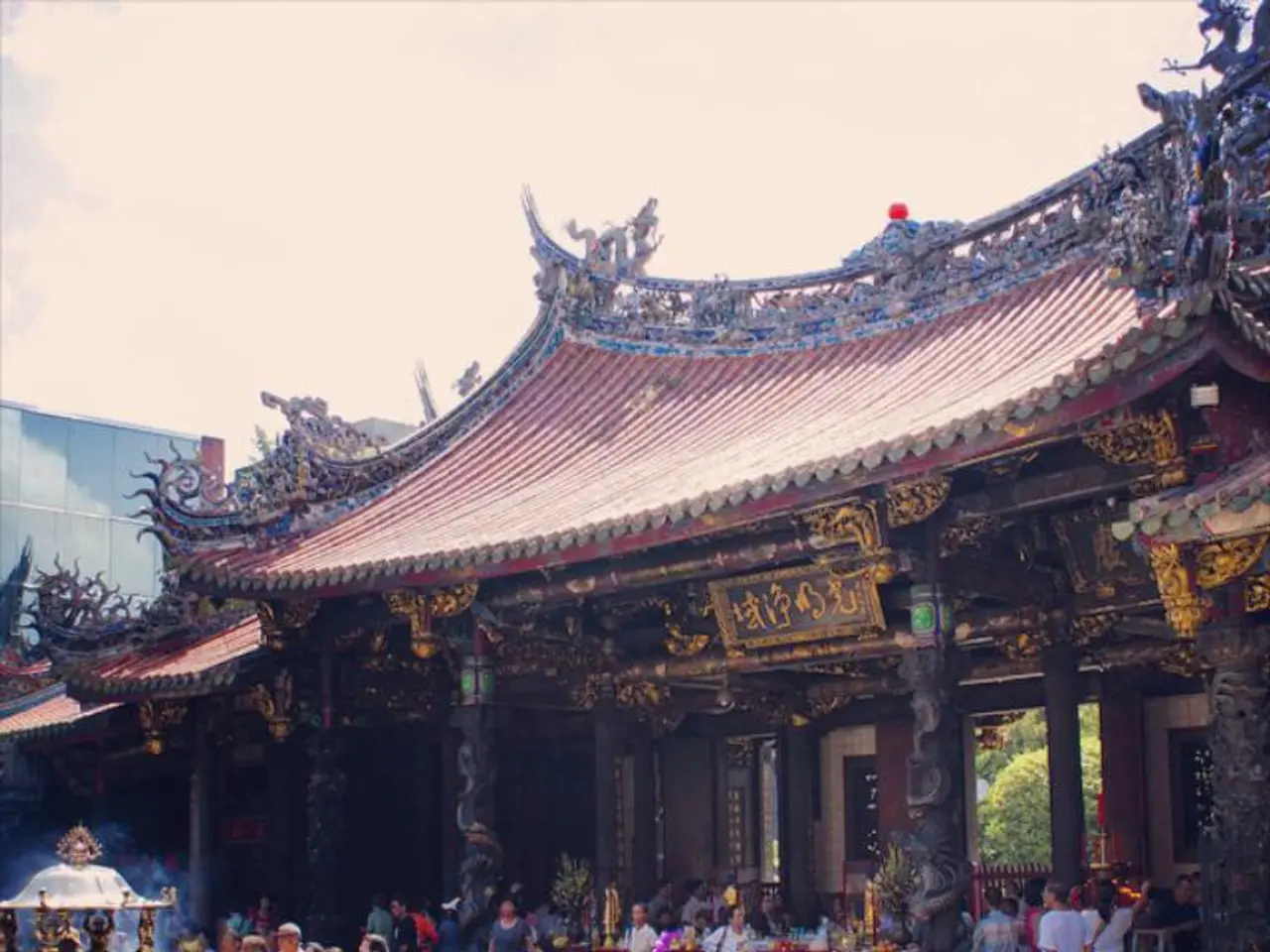Japan's Land Values Continue to Climb for Fourth Consecutive Year
In a notable development, land prices in Japan have risen for the fourth year in a row, according to recent data. The nationwide average for both residential and commercial districts has seen an increase, with the residential districts experiencing a 1.0% rise and commercial districts a more substantial 2.8% increase.
The growth in land prices is attributed to a moderate economic recovery, as well as other factors such as low mortgage rates and growing housing demand, particularly in resort areas. The average price for residential districts, excluding certain metropolitan areas and major cities, ended a 30-year decline, marking a significant turnaround.
In the commercial districts, the expansion of semiconductor plants and foreign tourist visits have played a significant role in the price increase. Areas visited by foreign tourists and hosting new semiconductor plants showed significant land price increases, with central Tokyo's commercial districts, including condominiums, being particularly affected by these investments.
Foreign investments in condominiums, including those by foreigners, have also contributed to the rise in land prices in central Tokyo's commercial districts. The increase in land prices in resort areas is related to growing housing demand, further fuelling the overall trend.
This year's growth rate accelerated from last year's 1.4%, with the average land price as of July 1, 2021, increasing by 1.5% compared to the previous year. The expansion of semiconductor plants is associated with the increase in land prices in commercial districts, indicating a strong correlation between the two.
However, it's worth noting that the average housing prices in Japan's regional residential areas outside the Tokyo, Osaka, Nagoya metropolitan regions and the largest regional cities (Sapporo, Sendai, Hiroshima, and Fukuoka) have not been explicitly detailed in the provided search results, leaving no specific price trend or average usable for this exact segment.
Despite this gap in data, the overall trend of increasing land prices in Japan continues, reflecting a robust and ongoing economic recovery. The future of the real estate market in Japan remains a topic of interest, with many expecting continued growth in the coming years.
Read also:
- chaos unveiled on Clowning Street: week 63's antics from 'Two-Tier Keir' and his chaotic Labour Circus
- Budget discrepancy jeopardizes highway projects' financial support
- Racing ahead in Renewable Energy Dominance: Changzhou, Jiangsu Pushes for Worldwide Renewable Energy Ascendancy
- Feeling disoriented or perplexed.







